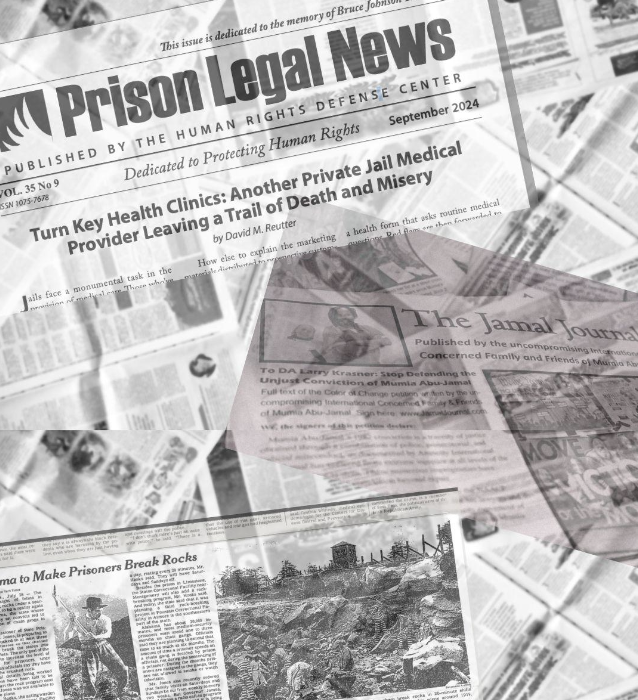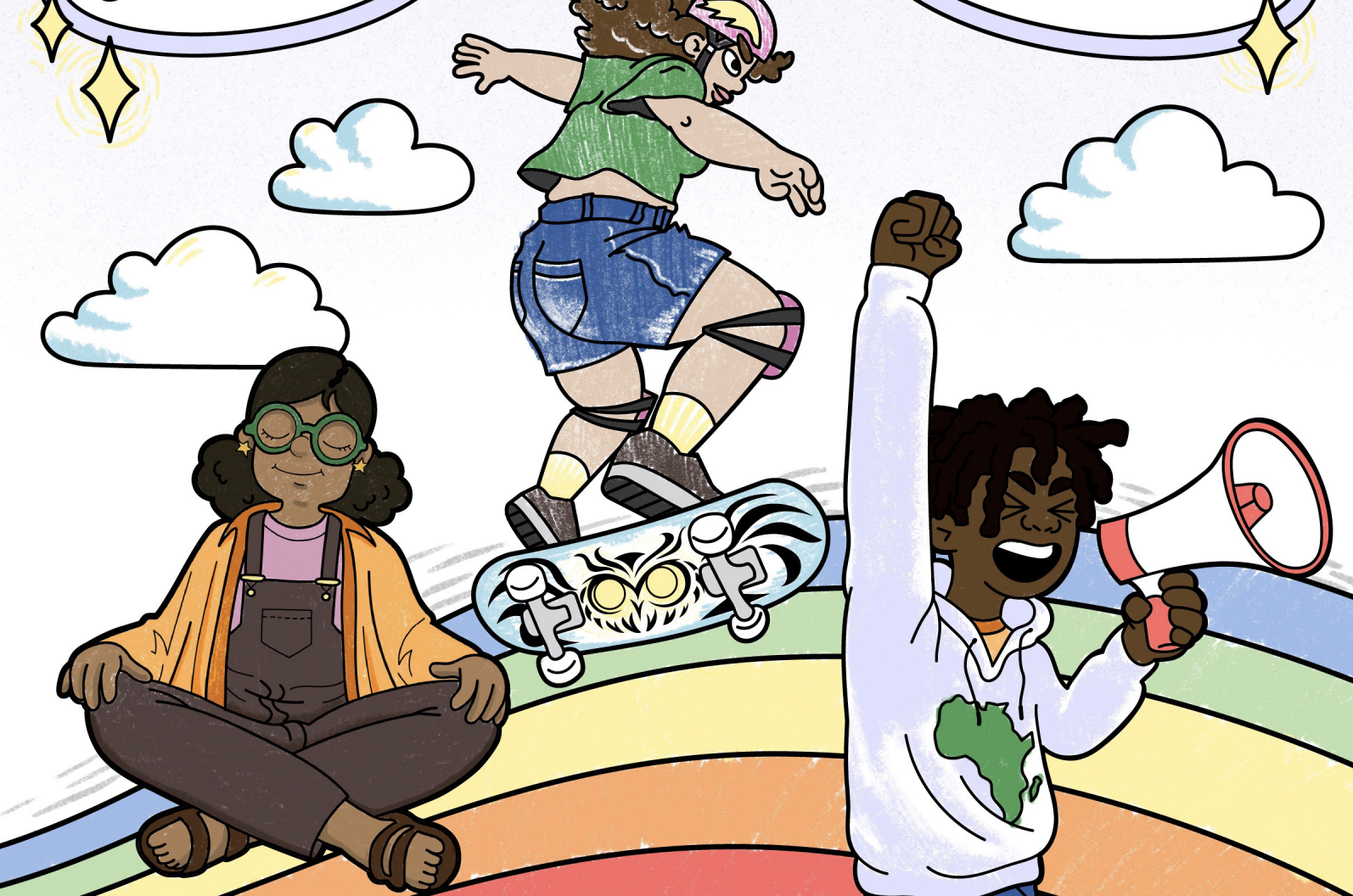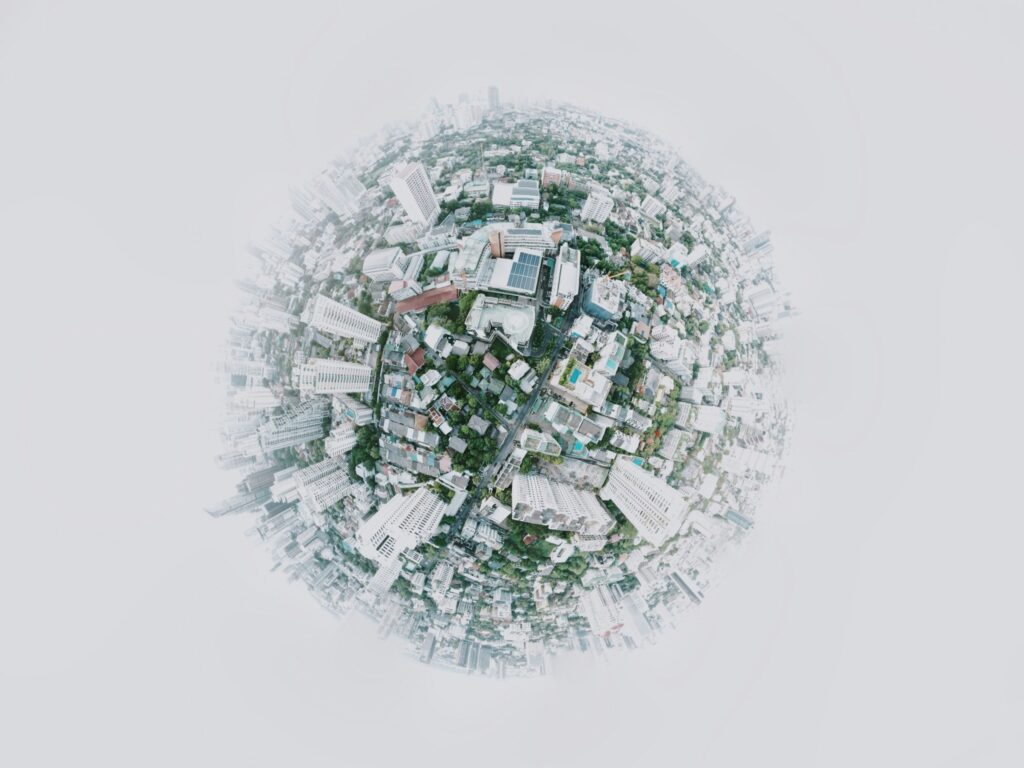
Examining Health Violence in Alabama Prisons
On December 2, 2025, a grassroots organizing movement made up of incarcerated people called the Free Alabama Movement, announced their plan for a statewide shutdown of the Alabama Department of Corrections (ADOC). This was in response to decades of unlivable, cruel, and inhumane living conditions and treatment of incarcerated people in Alabama prisons. The Free Alabama Movement illustrates how Alabama





